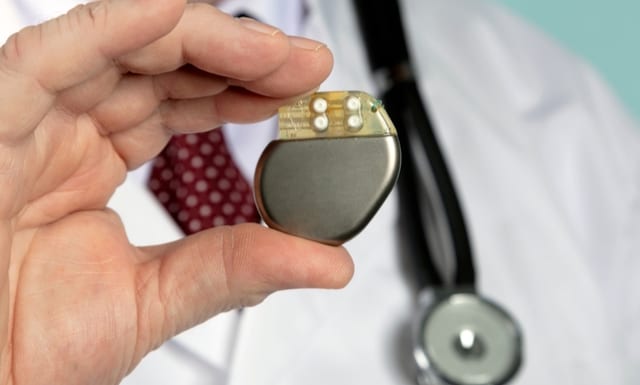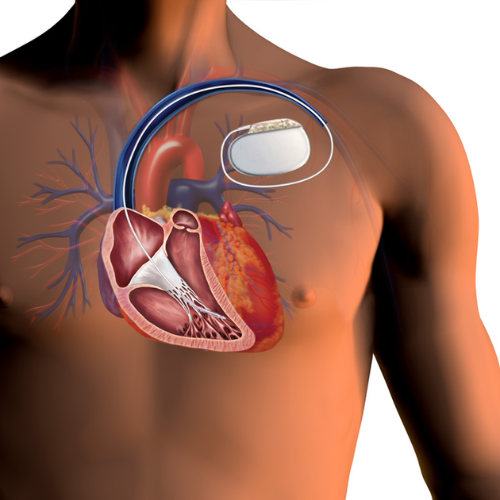Pacemakers and defibrillators are implantable devices designed to monitor and regulate heart rhythms. A pacemaker primarily ensures that the heart doesn’t beat too slowly, sending electrical impulses to prompt the heart to beat at a normal rate. A defibrillator, on the other hand, is capable of both pacing the heart and delivering an electrical shock to restore a normal heartbeat if it detects a life-threatening arrhythmia.
Pacemakers are typically recommended for conditions where the heart beats too slowly, known as bradycardia, or for certain types of heart block. Defibrillators are used for individuals at risk of dangerous arrhythmias, like ventricular tachycardia or ventricular fibrillation, which can lead to cardiac arrest.


Post-implantation, patients with pacemakers or defibrillators generally experience a significant improvement in their quality of life. Symptoms like fatigue, dizziness, or fainting, often associated with irregular heart rhythms, are substantially reduced or eliminated. These devices also provide a safety net, significantly decreasing the risk of sudden cardiac death due to dangerous arrhythmias.
After the procedure, patients may be advised to limit certain physical activities for a few weeks. Regular check-ups will be scheduled to ensure the device is functioning correctly and to make any necessary adjustments. Patients are also educated on recognizing signs of potential complications and the importance of keeping electronic and magnetic devices at a safe distance to prevent interference.
Ensuring your heart beats with rhythm and purpose is critical to leading a full, active life. If you or a loved one is experiencing symptoms of heart irregularities, don’t hesitate. Book your appointment with our heart specialists today and embrace the peace of mind our expertise brings.
Copyright © 2023 Heart & Vascular Care Consultants LLC | All Rights Reserved.
Copyright © 2023 Heart & Vascular Care Consultants LLC | All Rights Reserved.